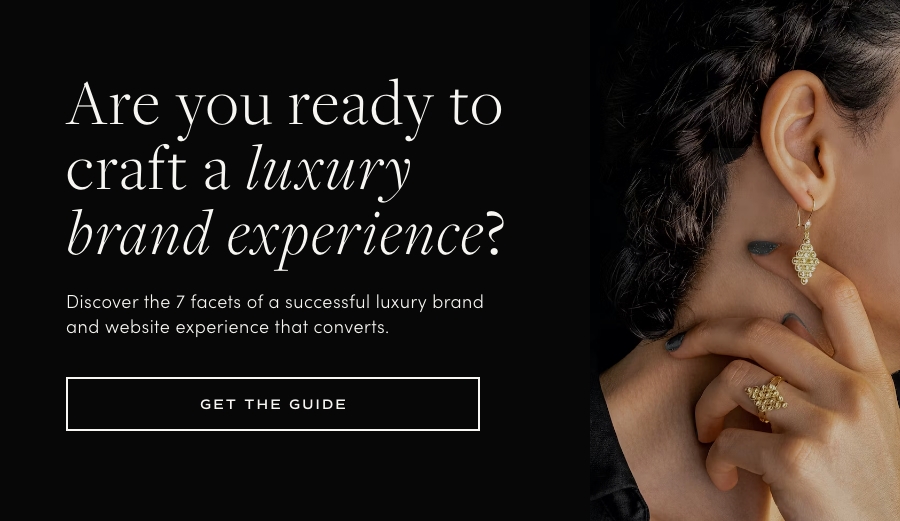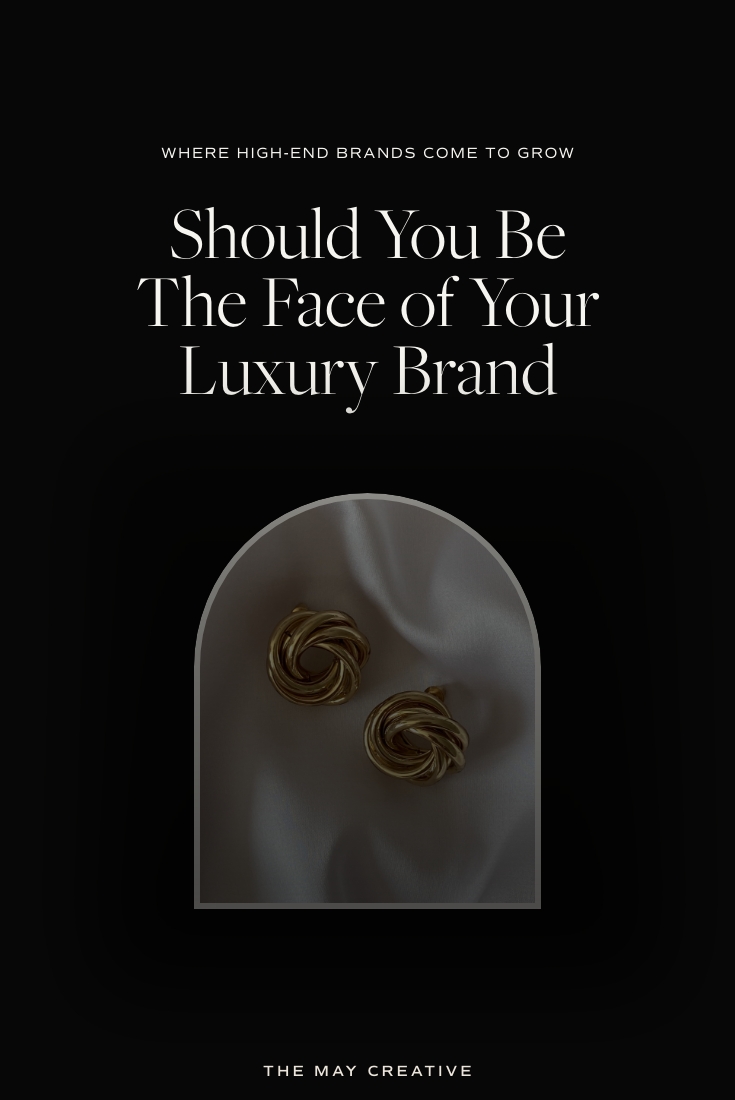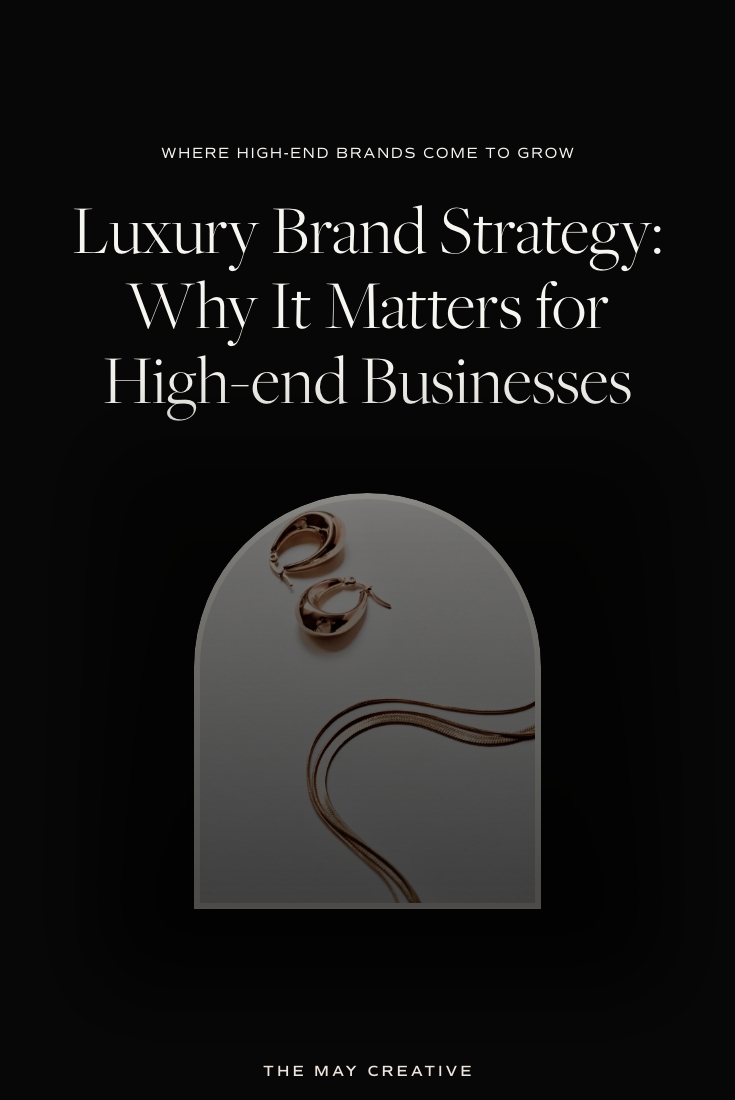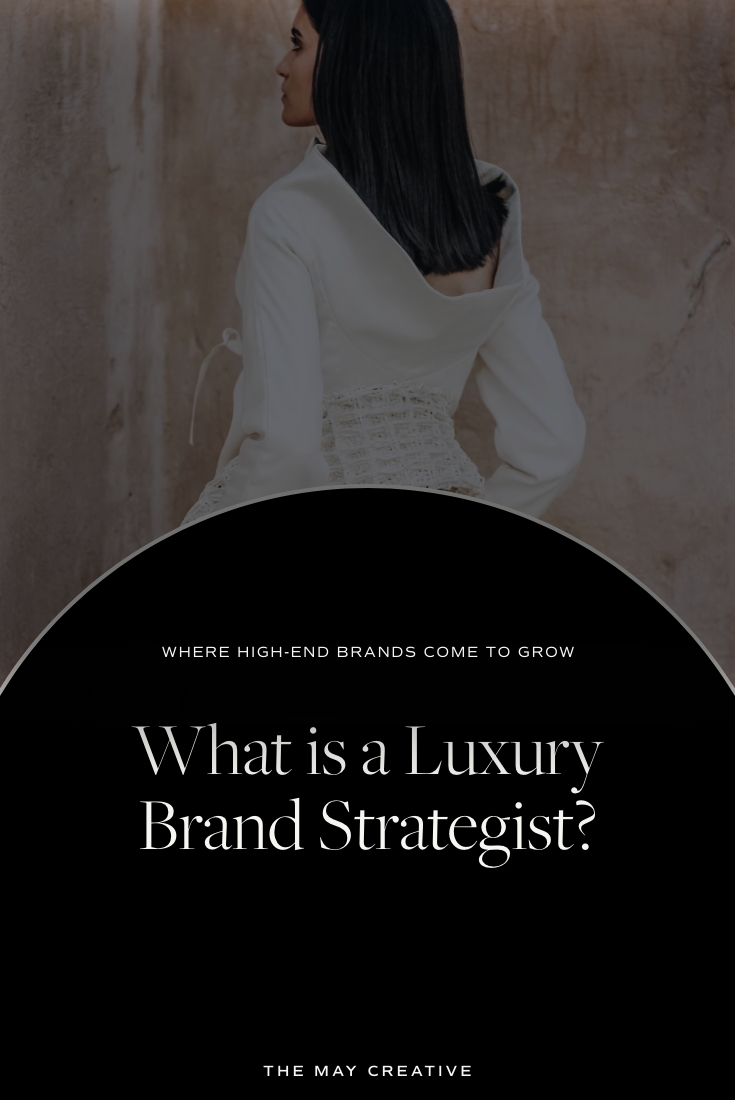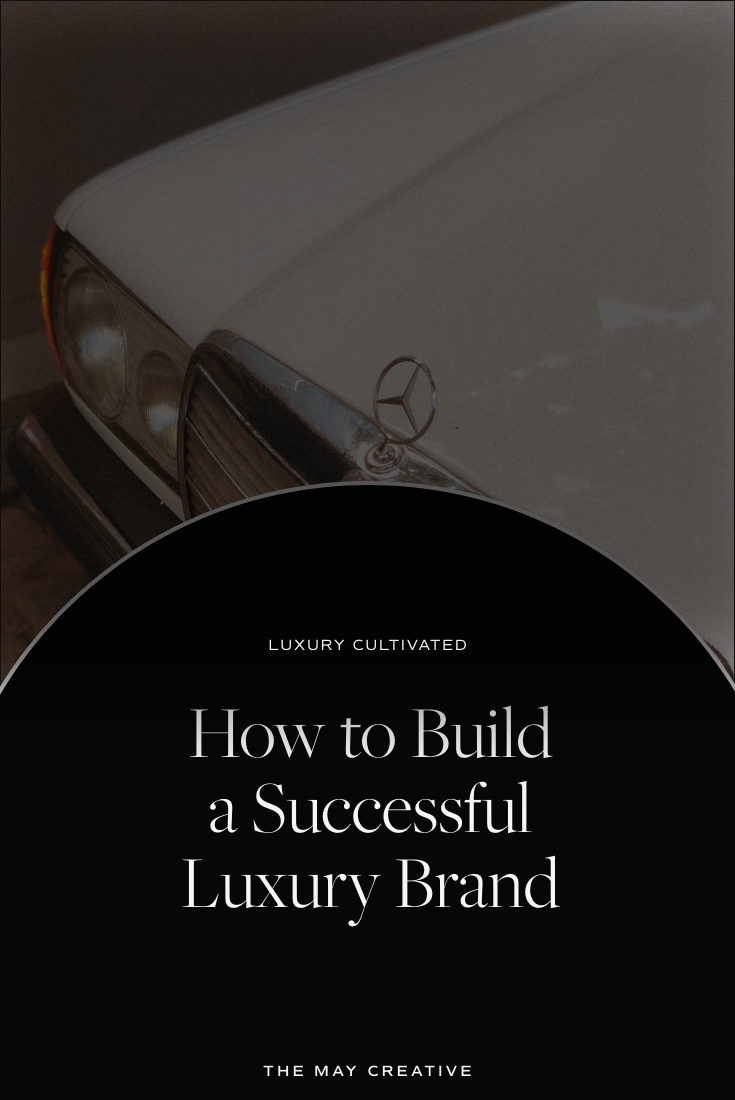Creating a business is not easy, but one thing that often comes up when you are creating luxury products is:
- Should I be the face of my business?
- Do I need to be the face of my brand?
Or any combination of those questions, and the answer is it depends. I’m going to break down why. Because there are pros and cons that need to be evaluated, plus I’m also a proponent of doing business the way you want.
Let’s look at the pros and cons of you being the face of your luxury brand vs. not.
What Does It Mean to Be The Face of Your Luxury Brand
When you choose to become the face of your luxury brand. Your ideal audience may feel more connected to you on a personal level. They may feel like they are buying into the same beliefs and lifestyle values that you, as the founder, personify.
That is a pro and can help you to develop a friendly community of brand loyalists.
This often works great when a personal brand or influencer already has a large audience and decides to create products. Naturally, their audience, who is already familiar with them, associates the brand with the person they are following.
There are some cons to this…
I think it’s important to consider the long-term impacts of being the face of your brand. Because our lives as humans change over time. Some common life transitions are:
- Getting married
- Having children
- Taking care of loved ones
Which can all impact the schedules of our day-to-day lives.
That said, when you are the face of your luxury brand. If your life is busy and varied, it may mean that you physically can’t show up for your brand all the time.
Another thing to consider is if you plan to or want to have the option to sell your brand in the future. You being the face of your brand will make that difficult.
Plus, you have to decide if you want to potentially tie a significant part of your identity into your business.
An example of this is Bobbi Brown cosmetics.
Bobbi Brown started her famous cosmetics line under her real name around 1991. Prior to that, she had a cult-like following that she had built up in New York. People loved her clean and modern makeup that she was infamously known for and used on fashion runways. Later in 1995 she would sell her company to Estee Lauder and become the Chief Operating Officer. Until she stepped down in 2016 leaving behind an amazing legacy in the cosmetics industry.
Here’s the thing since her company was her name and face. When she left, she also left behind parts of her identity.
This is something to think about as you are building your brand. Keep in mind how life shifts and pivots and if you want to be along for the long haul.
Also, be sure to listen to How to Build A Successful Luxury Brand
When You Aren’t The Face of Your Luxury Brand
First, when it comes to selling products, I think it’s easier not to be the face of your brand as luxury consumers are buying into more of an aspirational experience.
Instead of making the founder the face of the brand to combat this, we give the brand itself a personality.
By associating specific attributes of the brand with identifiable personalities.
We see and experience this from the companies we follow and buy from.
For example, one of my favorite brands does brand storytelling very well. Doesn’t use the founder as the face of their company yet still trigger people’s emotions.
That brand is Tiffany & Co.
You’ve most likely seen their ads for romantic love stories where they often position their jewelry as a reflection of expressing love.
Tiffany’s does a great job of getting people to envision where they want to be in life. They also use their brand personality of being classic, sophisticated, and timeless as a way to get their audience to identify with those same traits they either see in themselves or want to see.
The con to going this route is…
That is if you don’t fully understand what you want your brand to represent worldwide. Because maybe your business is new, or you are going through a transitional phase.
Telling a solid and well-connected brand story that is infused with personality is going to be a struggle.
When a brand lacks an evident personality, it’s harder to reach people and connect with them deeper.
My clients often want their brands to make an impact and not just be another product in the market. I can imagine that you want the same.
But all is not lost if you choose this route with your luxury brand.
This is where having a solid luxury brand strategy is critical.
A luxury brand strategy is your unique way of sharing traits and beliefs about your luxury brand that attracts your ideal customers by curating a success plan for your business that is based on your internal strategy.
As I like to say, a luxury brand strategy is your plan to cultivate, connect and convert your audience.
Now that you have some pros and cons of each option, you may be wondering. What if I’m in the middle? Where you want your luxury brand to stand on its own but don’t want to be completely removed from the marketing. Can I have both?
A Happy Medium of Being Both
I say yes, you can do a combination of both. If you go this route, ensure that you are still making the brand the primary focus and that you are occasionally sprinkled in.
Especially if you created a product that is tied to an experience or challenge you’ve had. For example, if you made a skincare product because you saw something lacking in the market.
Your personal story is going to be tied to those products.
Similar to the founder of La Mer, a luxury skincare company.
Dr. Max Huber, an Aerospace Physicist, had suffered burns in a lab accident. This led him to create a unique process to create a cell-renewing elixir to transform his skin.
Which he developed into the famously known moisturizing cream that his customers adore.
He isn’t plastered all over his brand, but his story is part of the origin, and it’s a great way to add a personal touch.
That way, as you build or even scale your luxury brand, you can do so without worrying that your loyal customers won’t follow.
I hope you found this helpful as you explore how to create the best experience for your customers.
Don’t forget to download The Luxury Brand Experience Guide to evaluate your brand’s position in the luxury market.
